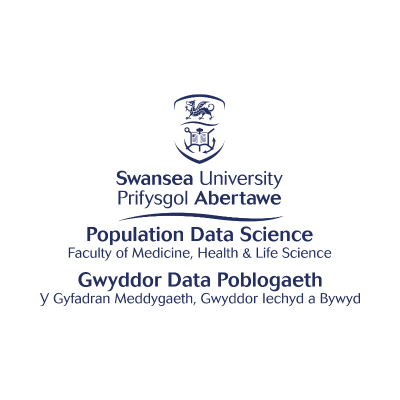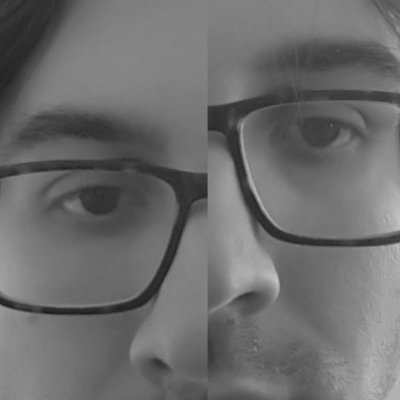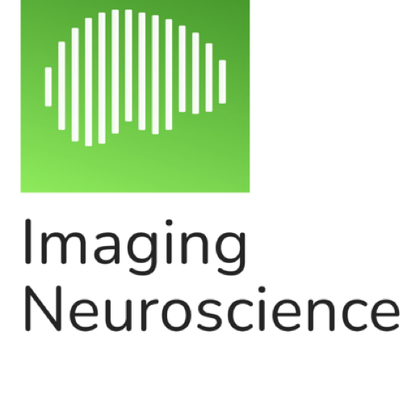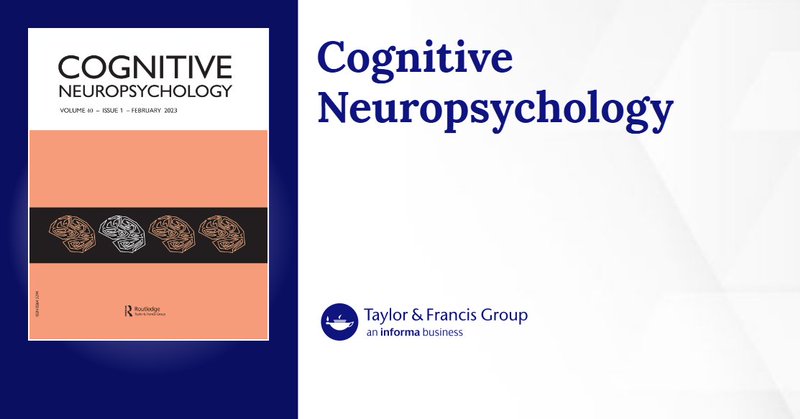
Edwin Burns
@DrEdwinBurns
Followers
357
Following
305
Media
20
Statuses
408
Blue sky: https://t.co/hnEEAT4eZI
Swansea, Wales
Joined July 2019
Most people who believe they have prosopagnosia will never receive a diagnosis because they do not score poorly enough on face processing tests. Their face skills are judged intact, and symptom severity ignored, even if they're failing to recognise close family members. Thread👇
1
2
18
📣Two fantastic opportunities to join our expanding award-winning team here at @PopDataSci_SU. PROJECT OFFICER (@ukserp) x 2 posts 👉Salary£32,982 to £37,099 👉Closing date: 11 Aug 2024 👉Apply https://t.co/9e4MrLco3k
@SwanseaUni #JobOpportunities #jobhunting
0
3
4
Calling all #openscience peeps to submit to our Collection on Advancing Open Science for BMC Research Notes! https://t.co/tdCEemtKeM
1
14
29
Very happy to have one of the main studies from my PhD published in Imaging Neuroscience. 🧵 We compared inter- and intra-hemispheric functional connectivity of regions in face, scene, and early visual networks across three natural viewing datasets. https://t.co/QerJj43Cc6
direct.mit.edu
Abstract. Neuroimaging studies have revealed a network of regions in both hemispheres of the human brain that respond selectively to faces. Neural models of face processing have typically focused on...
1
5
7
My new paper on the DSM-5's limitations in diagnosing prosopagnosia now up on the Behavior Research Methods website: https://t.co/TJnwioXNiY
#psynomBRM
Pleased to announce my new paper in which I call for a change in how the DSM-5 diagnoses neurocognitive disorders (i.e., cognitive impairment). The DSM-5 states a patient must score in the bottom normative 16% on two cognitive/behavioral tests before impairment can be confirmed.
0
1
1
📢The Tse Lab is recruiting a postdoc! Are you interested in #memory & #spatialnavigation and have skills in #EEG? Come and join our team. Please send an introduction and CV to tsed@edgehill.ac.uk. https://t.co/rDuhYSxyaO
@acmedsci @wellcometrust @DiabetesUK @SciTechgovuk
1
63
97
Forgot to say, given the issues associated with cognitive tests of face recognition, I reaffirm suggestions that prosopagnosia should be diagnosed using symptoms alone.
0
0
0
You can find a copy of the paper here: https://t.co/dEASfWXmrq Currently in press at Behavior Research Methods.
1
1
4
I therefore recommend that the DSM-5 must change to a tailored approach to diagnosing individual types of cognitive impairments, rather than the current one-size-fits-all method. Such an approach will ultimately improve patients' lives, and scientific progress.
1
0
0
In my paper, the DSM5 failed to diagnose 30-38% of cases. When I pooled their scores together on a varity of face identity tests, I found they exhibited objective problems in face perception, and unfamiliar and familiar face memory, and further showed these through meta-analyses
1
0
0
I therefore set out to highlight these problems in developmental prosopagnosia. These individuals suffer lifelong problems recognising friends, colleagues, and even family members. Importantly, some researchers have said we should diagnose this condition using the DSM-5 approach.
1
0
0
Remarkably, this recommendation is true across all cognitive processes. When I read this, and considered the heterogeneity in cognitive tests' validities, reliabilities and biases, it seemed to me that such an approach will fail to diagnose many patients.
1
0
0
Pleased to announce my new paper in which I call for a change in how the DSM-5 diagnoses neurocognitive disorders (i.e., cognitive impairment). The DSM-5 states a patient must score in the bottom normative 16% on two cognitive/behavioral tests before impairment can be confirmed.
2
0
4
📝New in @ConversationUK by Prof Irene Reppa from @SwanseaPsych. "But why care about beauty? Why not take a utilitarian approach and embrace the functional above all things? Put simply: aesthetics matter, and it shows in our behaviour and performance." https://t.co/5TvvSWUvjh
theconversation.com
We locate beautiful items quicker than less appealing ones.
0
2
3
How do humans recognize familiar faces? Our new work identifies a brain region of the human temporal pole (TP) that responds specifically to images of familiar faces. https://t.co/DHYfujHRCe 1/
1
21
76
Interested in a PhD in the area of 'social vision' (faces, bodies, eye tracking, attention, foveal vs. extrafoveal vision, fMRI)? Then please get in touch! Funding options include: Durham Doctoral Teaching Fellowship in Psychology at Durham University
0
17
19
"Face recognition's practical relevance: Social bonds, not social butterflies" 📢New paper from: @lauramengfors @jeremywilmer @drmeenie @gillesegignac @lauragermine @PersonPercept
https://t.co/Hi6RJRpMII 🧵👇 (1/7)
1
6
11
📢Call for participants!📢 Funded by @ExpPsychSoc, UG student Sofia & I are examining story perceptions at different ages, and need YOUR help! We are looking for participants who are: ➡️65 years or above ➡️Fluent in English More info/take part: https://t.co/MPiGu2Cbur😃
2
2
4












